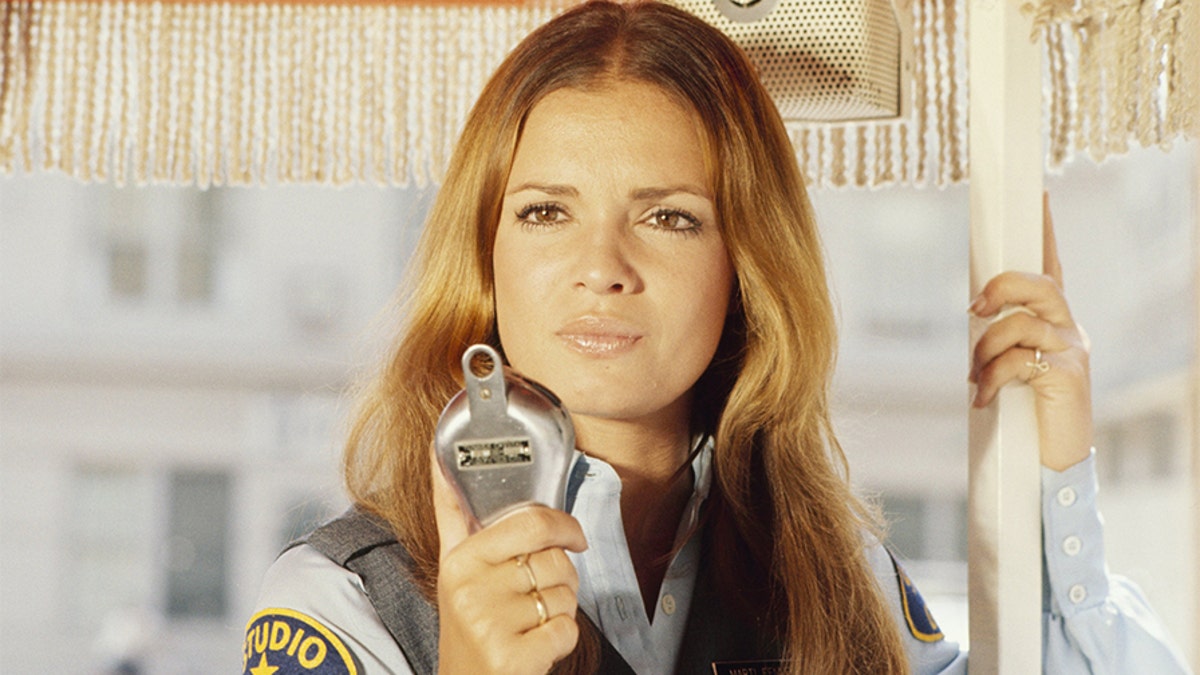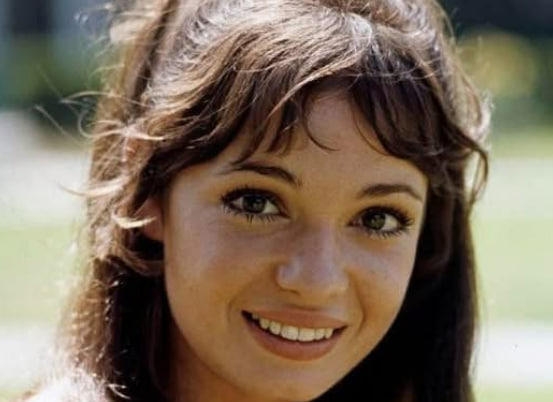Karen Valentine, a celebrated American actress, began her journey in the entertainment industry with modest ambitions and a deep passion for performance. Born on May 25, 1947, in Sebastopol, California, Valentine’s early exposure to theater and public performance set the stage for a career in Hollywood. Her natural charisma and screen presence quickly caught the attention of casting directors during the 1960s, a transformative period in American television.
Valentine’s entry into mainstream entertainment came with appearances in a variety of shows, but her participation in the popular game show The Dating Game marked one of her earliest national television appearances. While she has since reflected on the experience as less enjoyable than expected, it provided valuable exposure and insight into the workings of the industry. Despite this brief discomfort, the moment became an early learning experience, not a setback.

Breakthrough Role in Gidget Grows Up
Valentine’s breakout opportunity arrived when she was cast in the 1969 television film Gidget Grows Up. The movie was a continuation of the popular Gidget franchise and allowed Valentine to showcase her range as a young lead actress. The role, though not widely remembered today, was instrumental in building her visibility in the industry.
This performance laid the groundwork for her most iconic role, as it demonstrated her ability to carry a character with sincerity and relatability—qualities that would soon define her acting style in a more impactful way.

Stardom in Room 222
Later that same year, Karen Valentine secured the role that would define her career: student teacher Alice Johnson in the ABC television series Room 222. Airing from 1969 to 1974, the series broke new ground by tackling relevant social issues, including race relations, student activism, and multicultural education, at a time when such topics were seldom addressed on network television.
Valentine’s portrayal of Alice Johnson, a young, idealistic teacher navigating the challenges of an inner-city Los Angeles high school, resonated with viewers and critics alike. The character served as a symbol of compassion and commitment to education, aligning with the cultural shifts occurring in the United States during the early 1970s.
For her role, Valentine received the Primetime Emmy Award for Outstanding Supporting Actress in a Comedy Series in 1970. The recognition not only affirmed her talent but also positioned her as a rising star in the television industry.

A Legacy Built on Purposeful Roles
Following her Emmy win, Karen Valentine continued to work steadily in television throughout the 1970s and 1980s. She appeared in numerous made-for-TV movies, guest-starred in a variety of popular series, and even hosted her own short-lived variety show, Karen (1975), on ABC. The show allowed her to showcase her versatility as both a comedic and dramatic performer, although it only lasted for one season.
Her television credits also include appearances in shows such as Love, American Style, The Love Boat, Murder, She Wrote, and Fantasy Island. These roles further demonstrated her adaptability and ensured her continued relevance in a rapidly evolving industry.
While Valentine did not pursue many high-profile film roles, her impact in the world of television has remained significant. Her performances were marked by warmth, relatability, and an ability to handle sensitive themes with grace and credibility.

Public Reflections and Professional Resilience
Over the years, Karen Valentine has occasionally spoken about her experiences in Hollywood, including her early audition choices. One of her earliest appearances, on The Dating Game, has been cited in interviews as a learning moment rather than a career highlight. Rather than letting it define her, she used it as motivation to pursue more meaningful roles—something she accomplished with lasting success.
Valentine’s journey reflects the experience of many performers who start in less-than-ideal circumstances but rise through perseverance and talent. Her ability to turn a moment of discomfort into a stepping stone illustrates her professional resilience and clarity of purpose.
Continued Recognition and Influence
Although she stepped back from the spotlight in the 1990s, Karen Valentine remains a respected figure in American television history. Her work in Room 222 continues to be referenced as a landmark in socially conscious programming. The series’ progressive storytelling laid the groundwork for future shows that addressed issues of diversity and inclusion, making Valentine’s contributions all the more relevant in today’s media landscape.
Her Emmy-winning role is still celebrated by fans of classic television, and her legacy lives on through reruns, retrospectives, and interviews highlighting her influence on a generation of actors and viewers alike.
Conclusion: A Career of Impact and Integrity
Karen Valentine’s career is a testament to talent, resilience, and purposeful storytelling. From a modest entry into the world of television to an Emmy Award-winning performance, she has navigated Hollywood with a blend of professionalism and authenticity.
Rather than allowing early missteps to define her path, Valentine used them as learning experiences that propelled her toward more significant achievements. Her role in Room 222 remains one of the defining performances of 20th-century television and a cultural touchstone in the history of American entertainment.
Her journey underscores a valuable lesson in the entertainment world—and beyond: beginnings may be humble or even awkward, but with determination and integrity, success is not only possible but lasting.
Sources and References
-
Emmy Awards – Karen Valentine Profile
-
Wikipedia – Karen Valentine
-
TV Guide – Karen Valentine Interview Archive
-
The Paley Center for Media – Room 222 Retrospective
-
Archive of American Television – Interviews with Cast of Room 222
